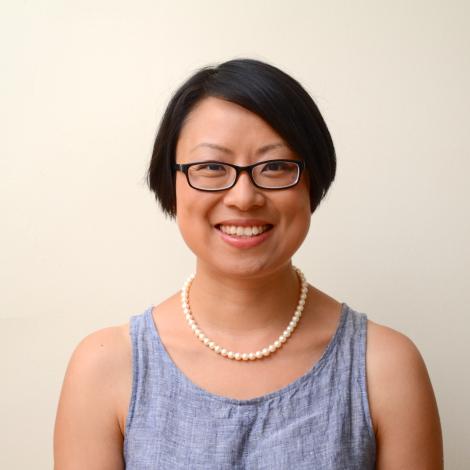Peiwei is an Associate Professor of Counseling & Psychology, the Director for the PhD program in Counseling & Psychology, and a member of the Executive Board of the Society for Qualitative Inquiry in Psychology (SQIP). Her cross-cultural experiences as an immigrant in the U.S. and as a Chinese woman growing up in the late socialist/emerging capitalist era in China have shaped her genuine interest in understanding the intersection of culture, race, gender and class. She is particularly intrigued by the complex power relations of marginalization and dominance that perpetuate and reproduce social and systemic pathologies and inequalities. This also fuels her passion to create conditions for consciousness raising and collective participatory actions toward a better world.
As a teacher, Peiwei’s pedagogy has been shaped by critical and feminist theories that foreground relationship, dialogue, reflection and love. She strives to create openness, trust and authenticity in the classroom that enables critical thinking, dialogues, self-reflection, emotional exploration, and the inclusion of marginalized voices. As a trained counseling psychologist and a research methodologist, Peiwei’s scholarship explores the borderland of critical psychology and critical qualitative methodologies, pertaining to self and identity development, consciousness raising, recognition, and the emancipatory aspect of knowledge. Her most recent critical ethnographic study focuses on the conditions and process of critical consciousness raising during diversity/social justice education.
In addition, Peiwei investigates graduate students’ conception and experiences with research methodology classes, and develops teaching pedagogies that holistically center students’ identities in learning. Peiwei is also passionate about critiquing and reconstructing current code of research ethics to make it more inclusive of historically marginalized and indigenous perspectives, and better attend to layered power relations in knowledge production and dissemination. Inspired by Zen practices, Peiwei is also drawn to the intersection of Eastern spiritual traditions such as Zen Buddhism, and psychotherapy and healing.
